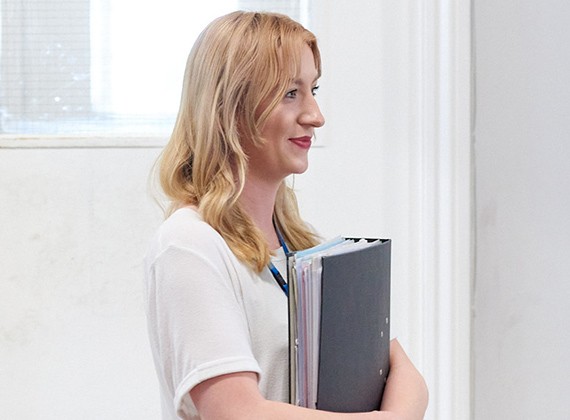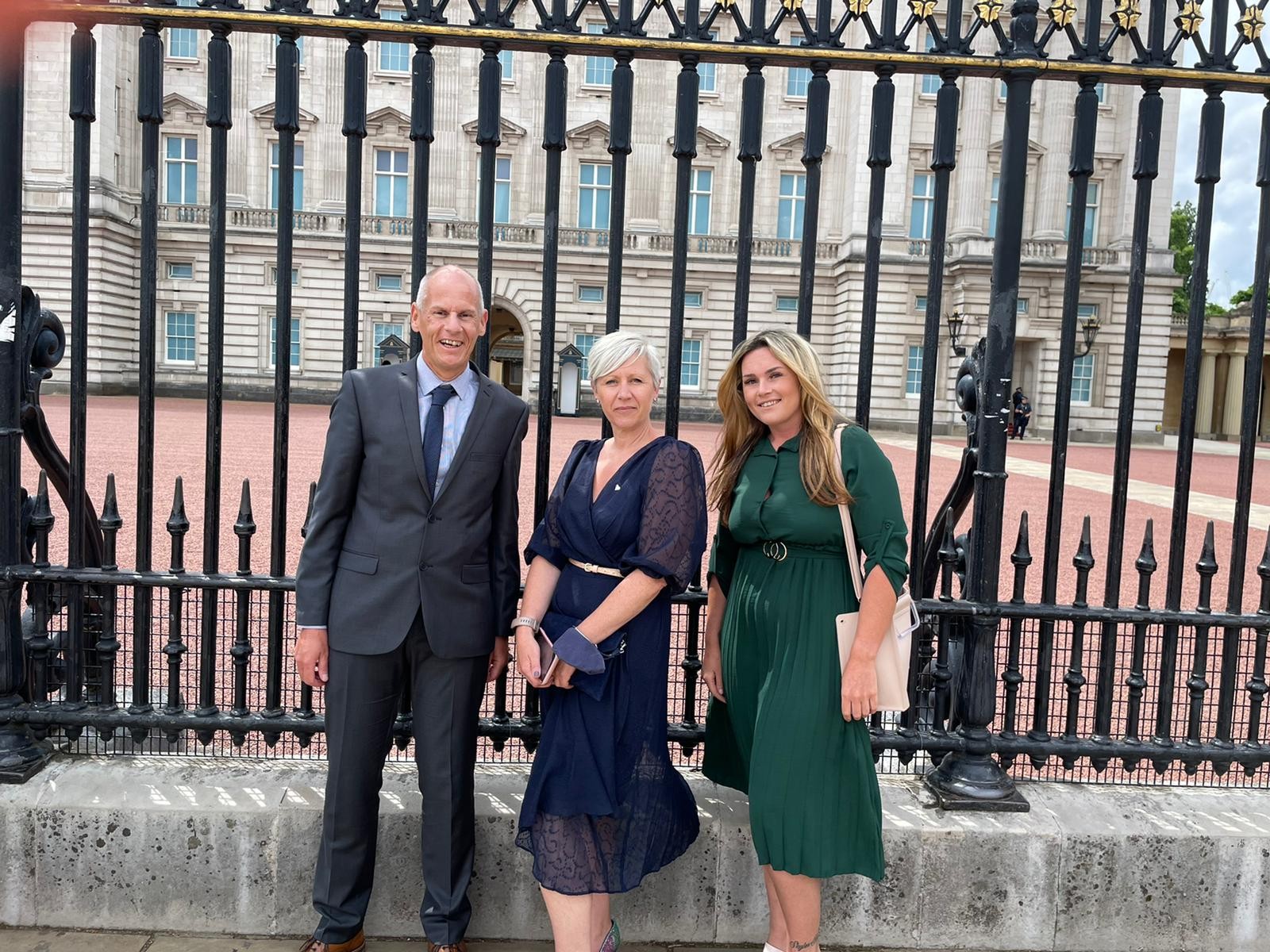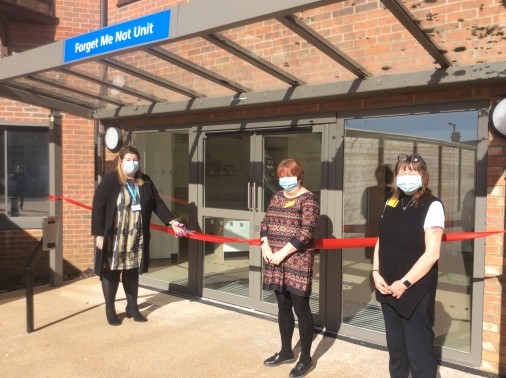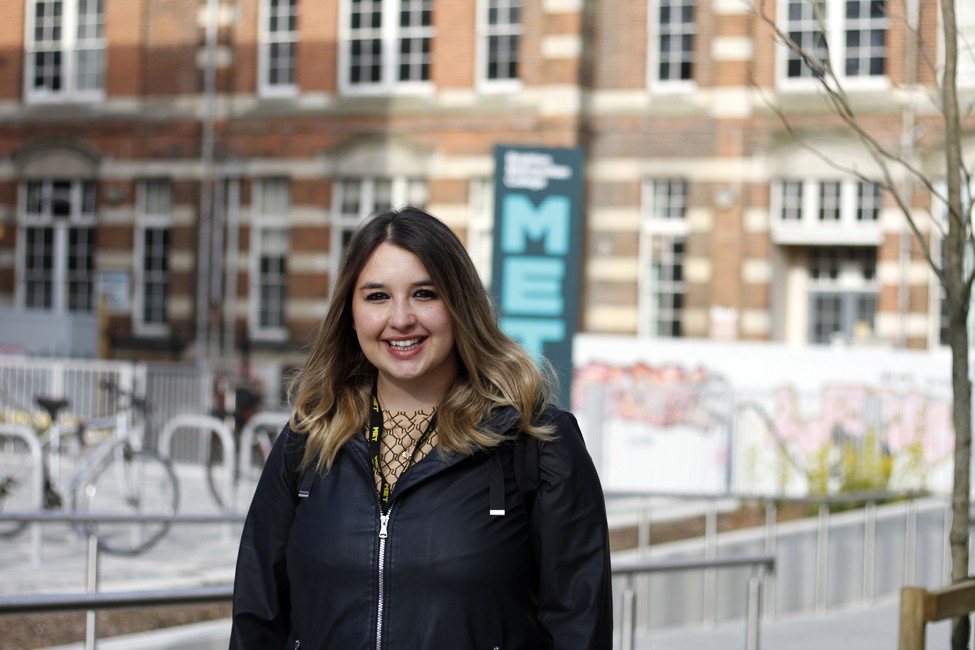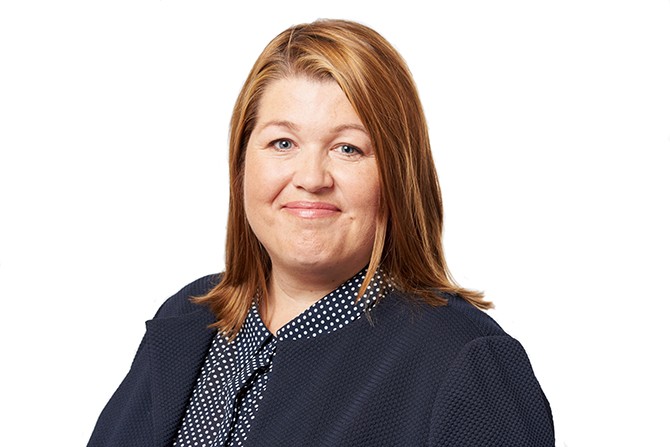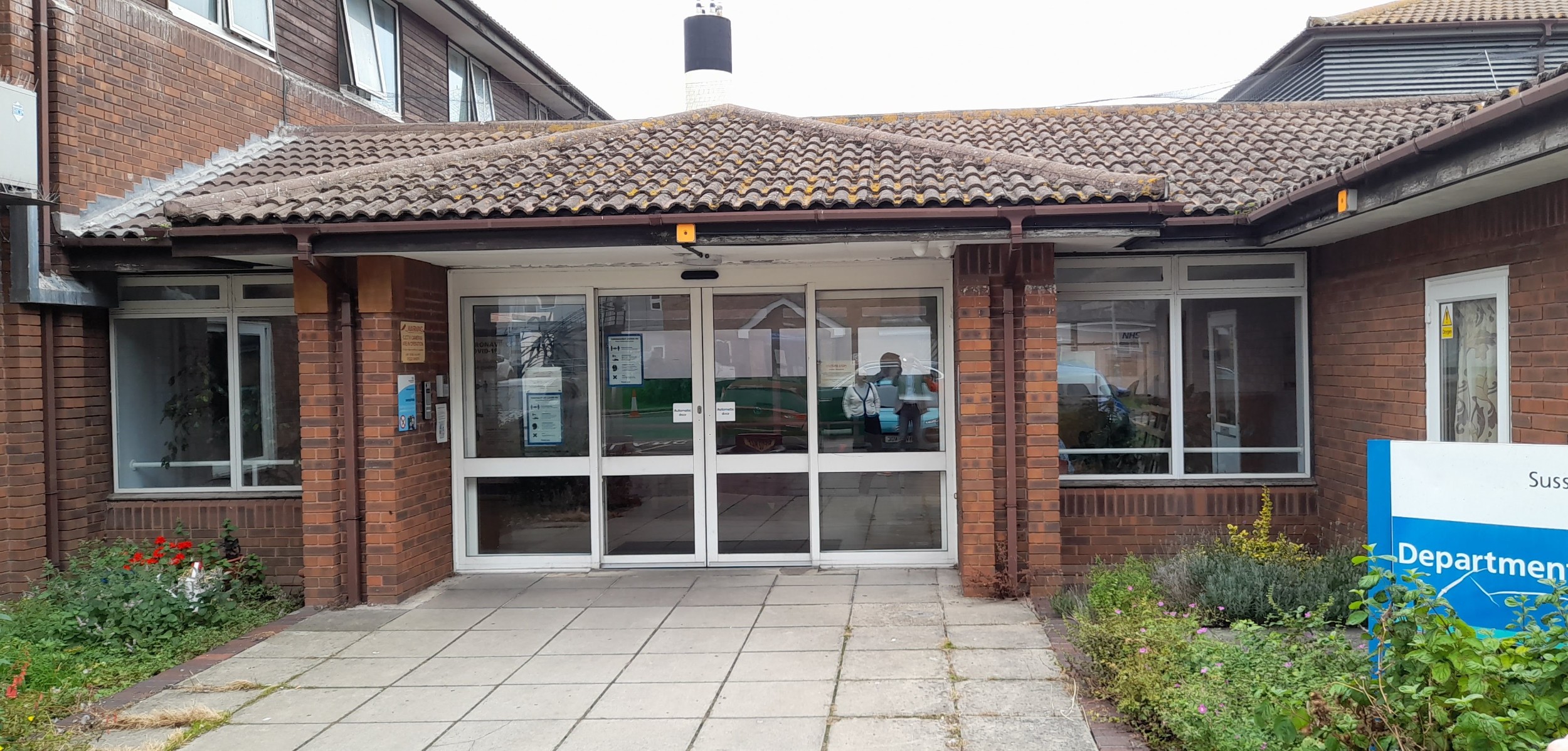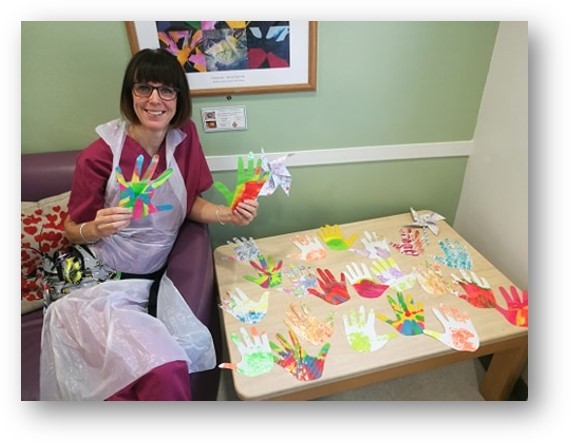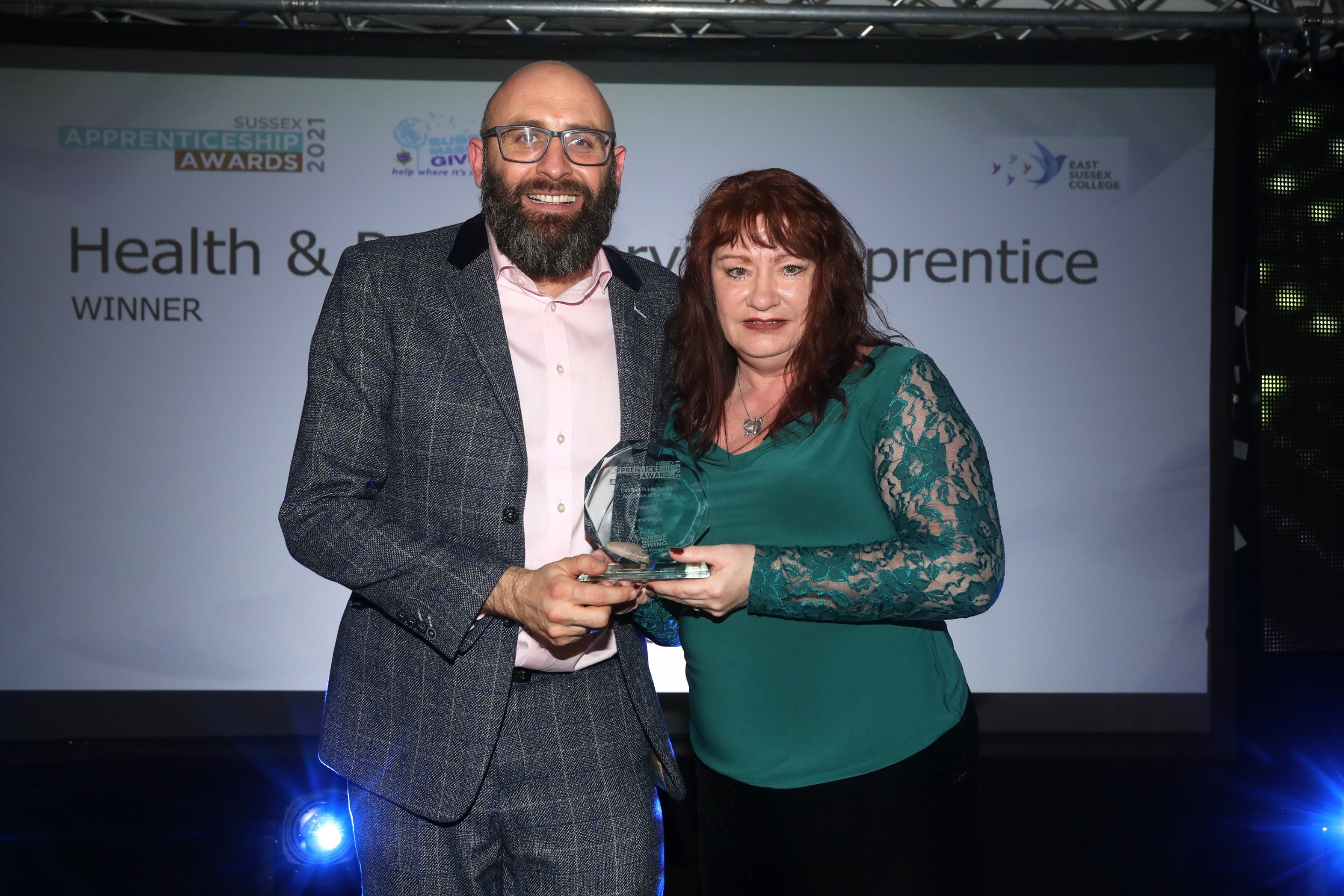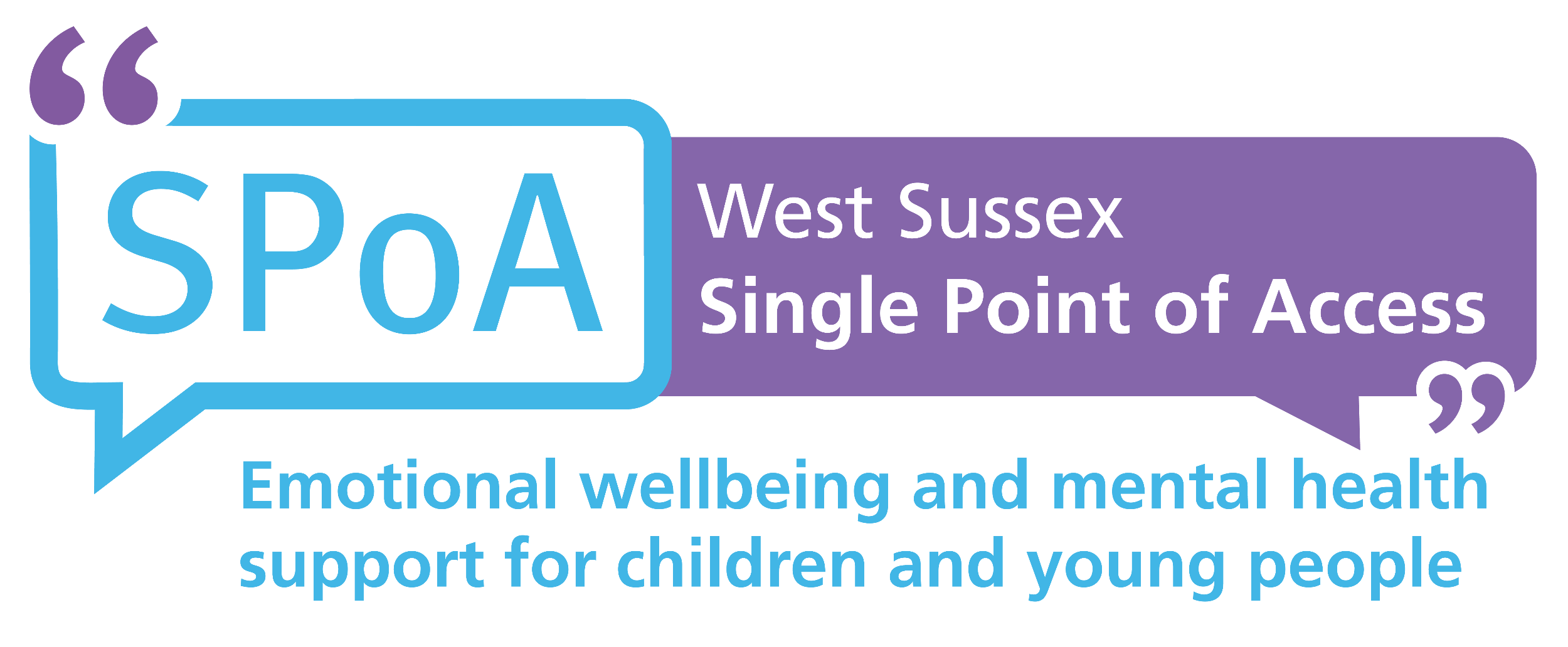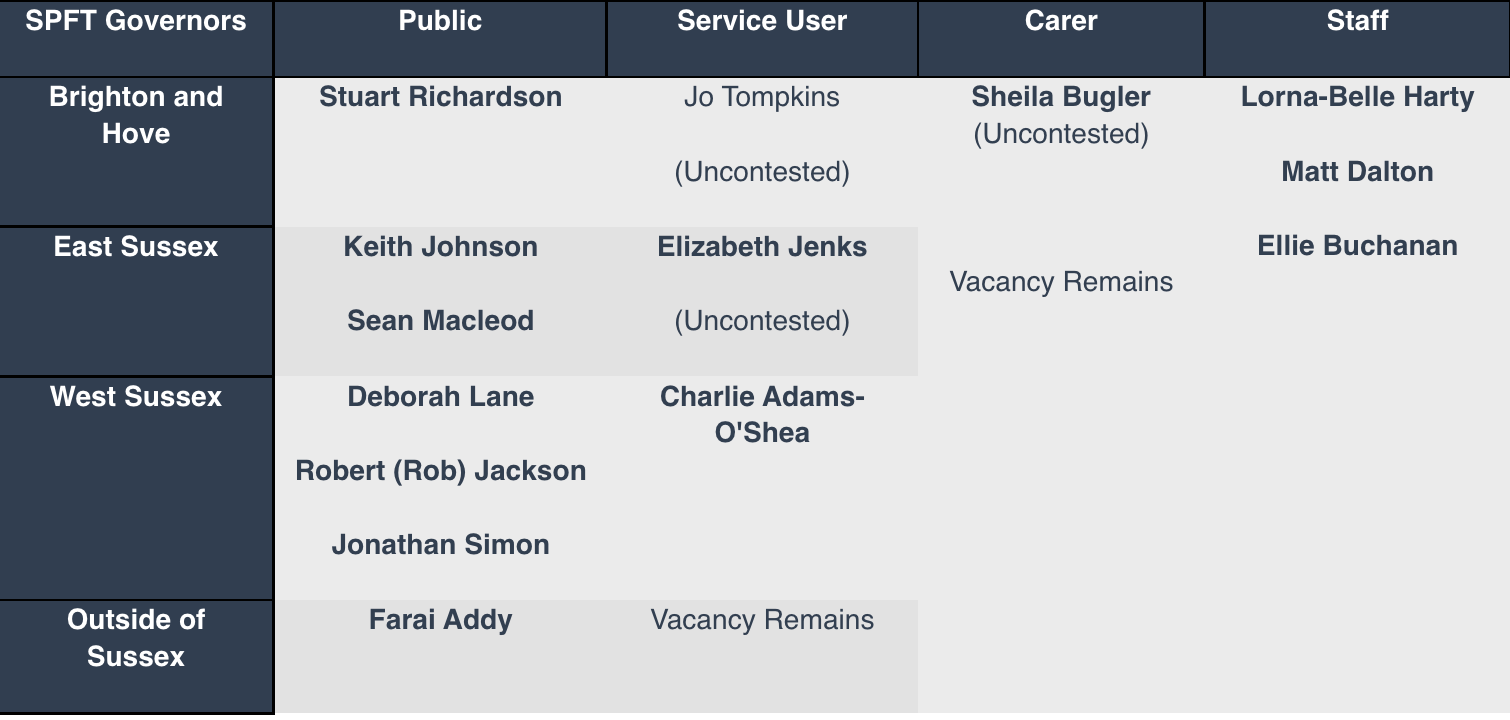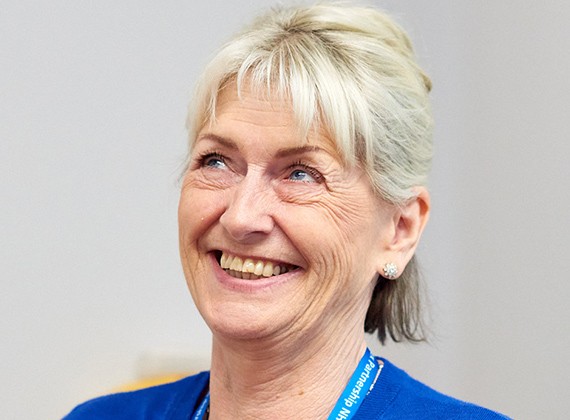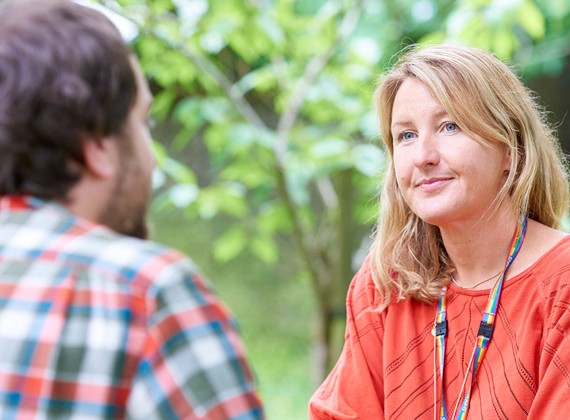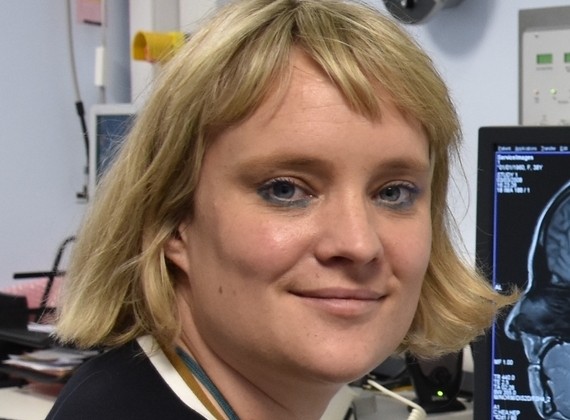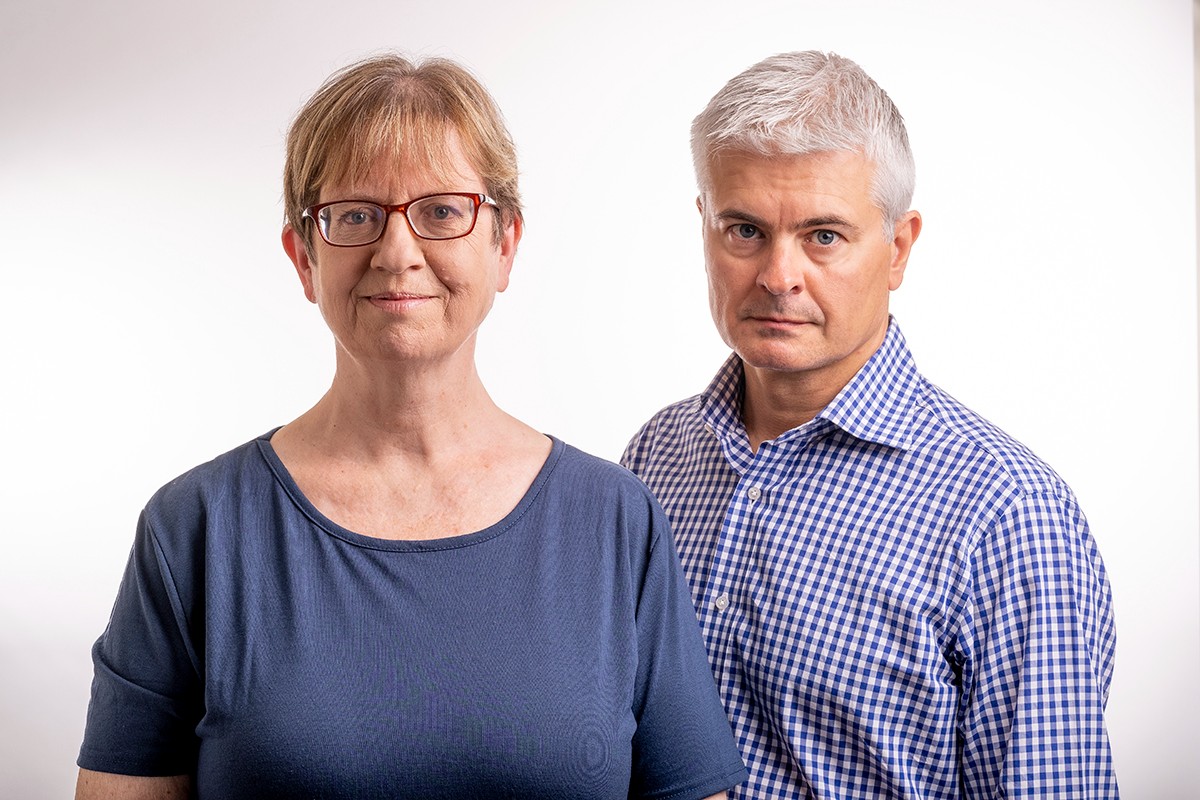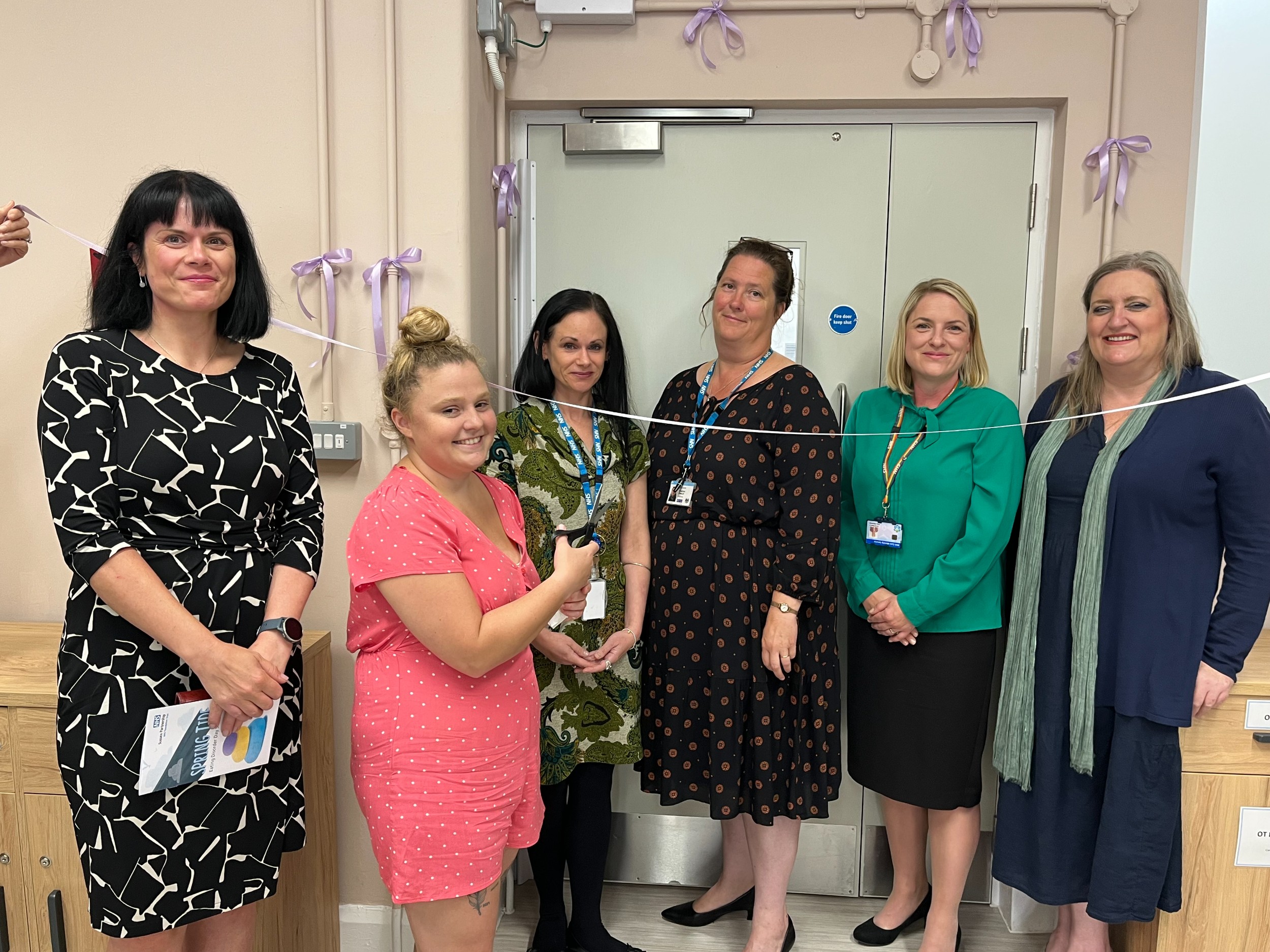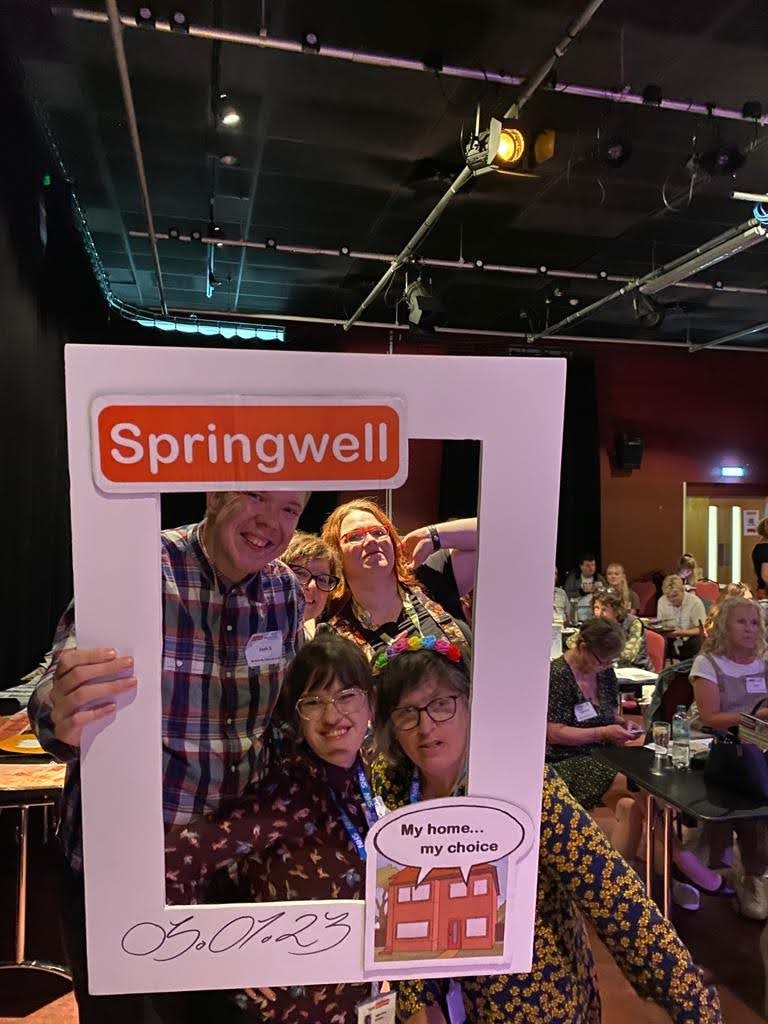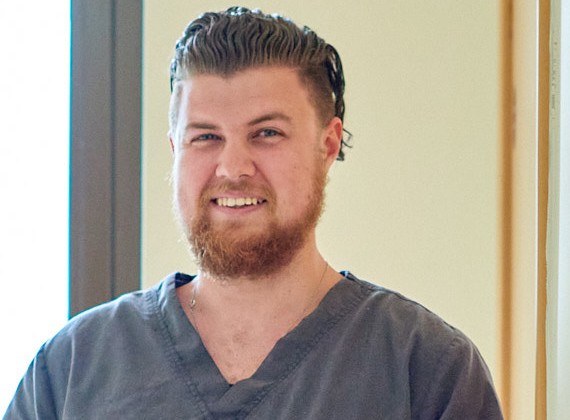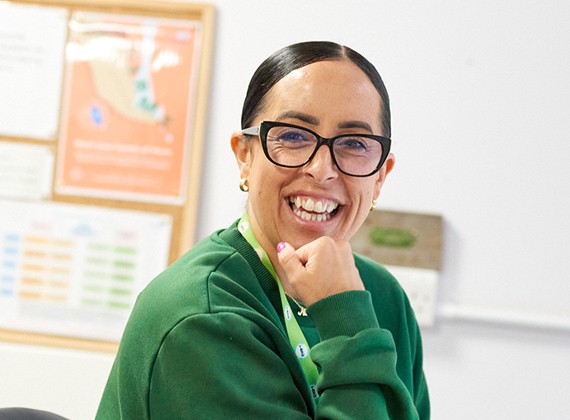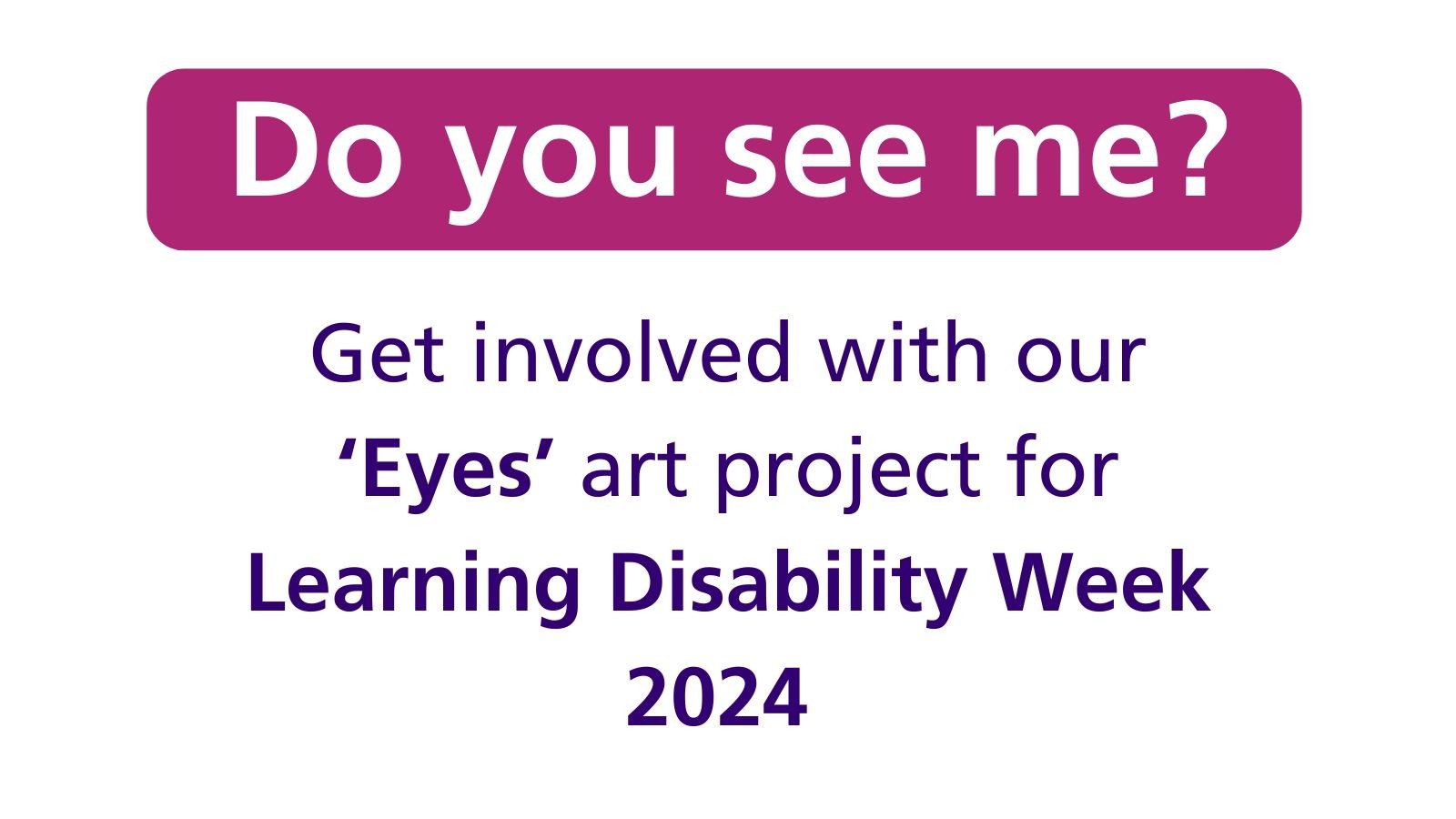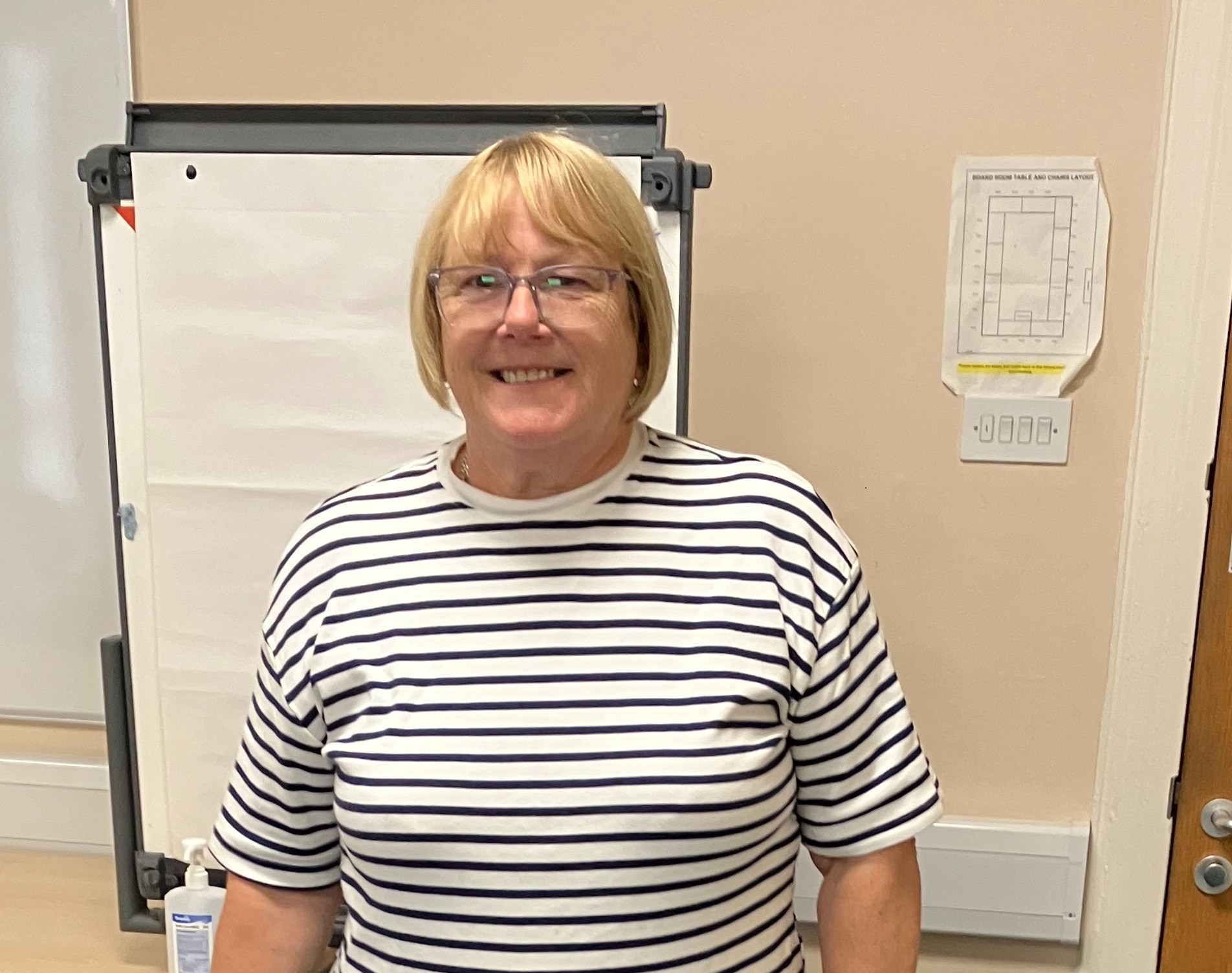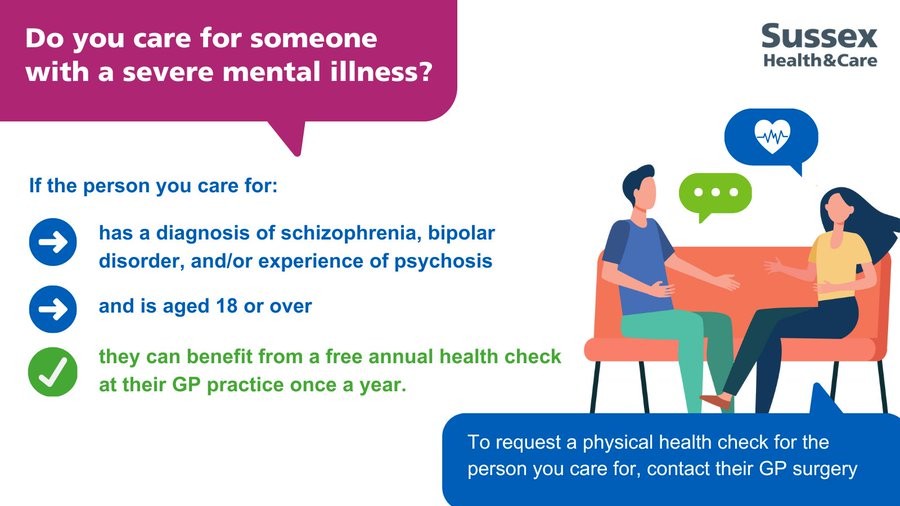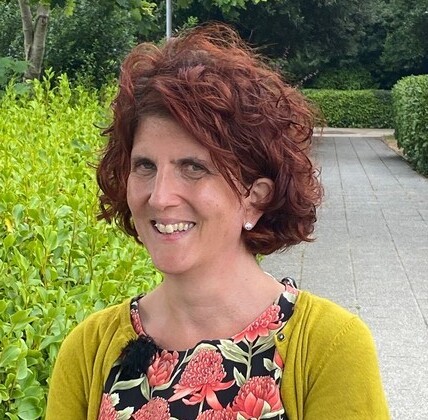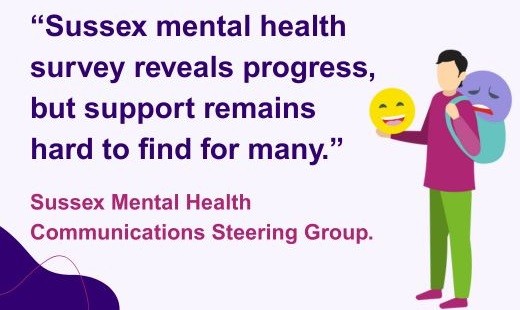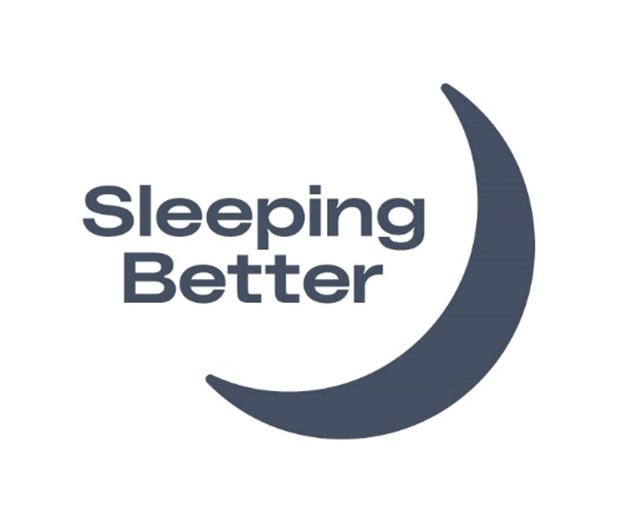
Supported tenancies – how stable housing can support mental health recovery
People using Sussex Partnership NHS Foundation Trust's mental health rehabilitation services are now receiving community housing and treatment as part of a new way of working.
A good quality and safe home is an essential part of our daily lives, so recognising the impact that housing can have on health treatment has become a key priority for NHS providers.
The Supported Tenancies scheme was coproduced through a partnership between Sussex Partnership and Registered Providers of Social Housing. People using these services have complex mental health needs with many experiencing long stay, cyclical hospitalisation.
However, this partnership, offers an alternative pathway by using "Housing First" principles to provide appropriate self-contained housing alongside a bespoke treatment, care, and support offer tailored around the person's needs. People are referred through the Trust's mental health rehabilitation teams with the aim to securing affordable housing with the right level of support which people can live in as long as they choose to, as an alternative to hospitals or care homes.
Chris Harris, Associate Director of Housing at Sussex Partnership NHS Foundation Trust, said: "This new initiative means we can successfully deliver community housing as part of our treatment offer to people who use our rehabilitation services. We know that having a good place to live is a driver of good mental health, and this scheme enables people to have their own home to rent on a long-term basis whilst receiving specialist community treatment from our rehabilitation teams.
“This new partnership means people can access the right housing at the right time, without needing to live in more restrictive settings that can stifle mental health recovery."
The Trust, registered providers of social housing, and charities delivered five initial tenancies in the first year, securing very positive service user feedback and zero hospital re-admissions. Service user and staff feedback calls for more properties and we plan to double the schemes capacity within the next year.
Jim Aspdin, Director of Housing & Business Services at Southdown, said: "This is a great example of a sustainable housing model. It gives supported housing providers the reassurance that tenants placed through the scheme will receive continuity of care as well as an approach to risk-sharing should things go wrong."
John Holmstrom, Chief Executive at Turning Tides, said. “What I have loved about this initiative is how mental health professionals have worked closely with housing providers to help patients out of hospital into the community, within true independent living. It is not just taking pressure off an over pressed mental health system."
Rachael Kenny, Director of Mental Health and Support Services at BHT Sussex, said: "This scheme has been a welcome example of what can be achieved when there is effective partnership working between the NHS and the voluntary sector. Having a place that you can call home brings huge benefits for mental wellbeing - but is sadly difficult to secure if you experience mental ill health."
Supported tenancies are being delivered as part of the Sussex Mental Health and Housing Strategy which aims to integrate our mental health and housing sectors.
Housing cost risks are shared between partners alongside Sussex Partnership committing to an agreed level of clinical input for each person referred.
Case study:
Ryan moved to a Supported Tenancy in November 2023 following a 14-month hospital admission on a mental health rehabilitation ward.
Ryan has a diagnosis of paranoid schizophrenia, a history of substance misuse, complex physical health conditions, and was admitted to hospital after hearing voices telling him to harm himself.
Initial discharge plans considered forms of supported accommodation where Ryan could live for a short period before needing to move on to his own accommodation, however a referral to the Supported Tenancies scheme was made because Ryan wanted to live in his own accommodation with a treatment package built around his specific care and support needs.
Ryan was discharged from hospital under a Community Treatment Order which is a legal order setting out the agreed community treatment plan. Ryan is now doing well at his new home 5-months in, says he enjoys having his own flat which he has been supported to decorate and re-carpet. He's now making plans to attend college, with the long term aim of returning to his job as a carpenter.
Further information:
Partners of the scheme:
Turning Tides, Southdown, BHT Sussex, Stonepillow, and Worthing Homes.
More details:


